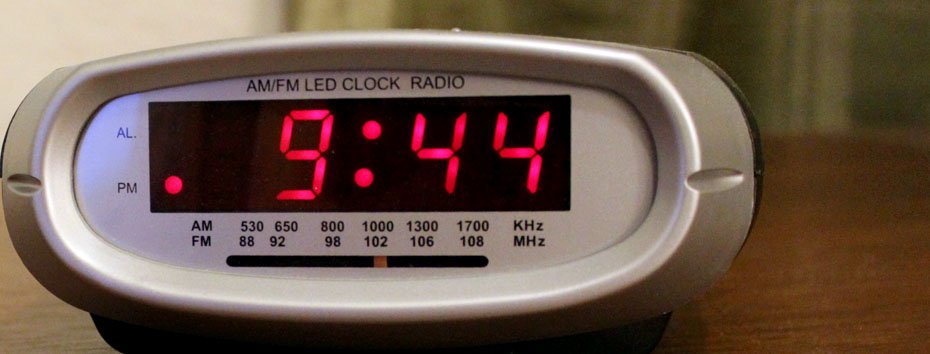This is true for most of us — we all have a friend that always seems so on top of things. That friend that has a full-time job, volunteers at the shelter, runs a side business, comes to every social event, is always well-groomed, never looks tired, always has the lawn trimmed, and still looks happy. The kind of friend that makes you ask the question: “How do you find time for all that?”
“Find time” and “make time” are related terms that are often used interchangeably. You could debate whether or not they are the same thing, but the important similarity is that both imply intentionality. It takes effort. You have to do it on purpose. You aren’t waiting for there to magically be more time someday — if you’ve decided to find time for something, you are actively doing something about it.
If I may state an obvious fact, there are a limited number of hours in the day. That means that you can’t technically make more time, but you can allocate your time differently. You can rearrange your schedule, cut out the time sinks, and fill the gaps with productive tasks.
Here are some ideas for where to find time:
You Snooze, You Lose
When your alarm goes off in the morning, do you get up? Or do you hit the snooze button? Maybe you hit snooze multiple times?
You can “find” ten or twenty minutes (or however long you snooze) every morning if you actually get out of bed when your alarm goes off. Yes, it sounds simple, and it is. The hard part is breaking your body’s snooze habit. But if you can do it once, you can do it again. (And it gets easier each time, I promise!) Once you start waking up on time, you will have suddenly find time in the morning to (a) eat breakfast, (b) brush your teeth, (c) shower, (d) not feel rushed, (e) all of the above.
Also, as a side effect of not snoozing, your body will feel less sluggish throughout the day. Snoozing throws off your body’s natural sleep cycle, so it’s best to avoid snoozing.
Find Time in the Morning: 15 minutes (on average)
Redeem Your Traffic Time
Your cousin recommended a book to you, but you haven’t gotten around to reading it. She asks you if you’ve read it yet every week and you’re starting to feel pretty bad. Solution: listen to the audio version of the book while sitting in your car! This is an example of a productive use of your commute, and can find you 30 to 60 minutes of time going to and from work each day. Or, if you don’t feel like a book, you can learn a language or listen to podcasts.
There’s also the positive side effect of being less stressed out by the traffic. If you are enjoying a good story, you’ll find you won’t be so annoyed by the traffic any more.
Find Time in Traffic: 45 minutes (on average)
Don’t Lose Your Lunch; Use It!
Depending on your job (and your personality), your lunch habits may vary. Maybe you don’t take a break — you just eat lunch at your desk while working the whole time. Or maybe you go out to lunch with your coworkers each day. Either way, your lunch break is a perfect place to find time for tasks.
“I’ve been meaning to get a haircut for the past two weeks…” “I don’t know when I’m going to stop by the bank…” “Ooh, I really need to drop that package off at the post office, otherwise it won’t make it in time…”
No more excuses — you can change your lunch plans for one day in order to accomplish that task. Lunch breaks typically range from 30 to 60 minutes, so use that time to make it happen. Most offices are close to other retail centers where you can get an errand or two done in a short amount of time. And after making your bank deposit, you can grab your lunch and head back to the office.
You probably don’t want to do this every day, but once in a while, this can be a great way to find 30 to 60 minutes to check something off your list.
Find Time at Lunch: 45 minutes (on average)
Total Found Time: 15 + 45 + 45 = 105 minutes (on average)
With just three quick examples, we’ve found anywhere from 1 to 2 hours of time in your day. Use this time to get rid of some of those nagging chores you’ve been telling yourself have to get done. You’ll feel much better once you’ve lightened your load!
I’m sure you can also come up with additional ways to find time in your schedule. Everyone’s schedule is different, and no one knows yours better than you. So think about it, and share your ideas in the comments below!






Recent Comments